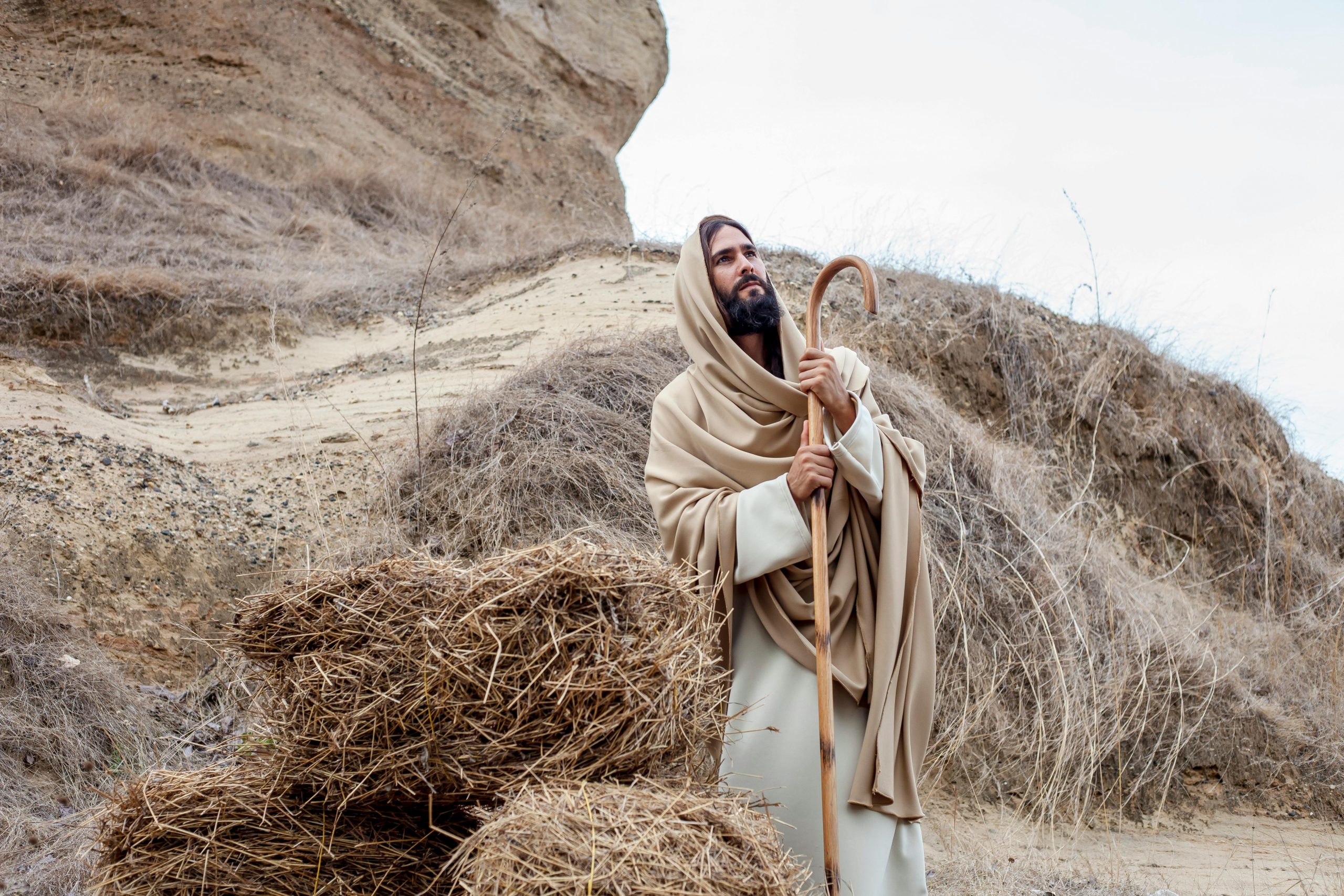As parents, we must train up a child in the way he should go…
But it is a fact that many families struggle with knowing how to properly discipline their children. Many children have been abused under the guise of discipline because there is a thin line between the two. It is important to understand that discipline refers to the methods used to teach children appropriate behavior, whereas abuse involves acts of physical, emotional, or psychological harm.
Discipline is crucial in shaping a child’s character and personality, and is something that God instructs us to do. The Oxford Dictionary tells us that discipline is the practice of training people to obey rules or a code of behavior, using punishment to correct disobedience.
There are different types of discipline, including positive reinforcement, time-outs, and consequences.
Positive reinforcement involves rewarding good behavior, such as providing praise or a small gift. Time-outs involve removing a child from a situation in which they have misbehaved, giving them a chance to calm down and reflect on their actions. While consequences involve imposing penalties, such as taking away privileges or spanking.

Abuse on the other hand involves acts of physical, emotional, or psychological harm that cause injury or distress to a child. Physical abuse may include using bats; belt buckles, and various objects; slapping the child in the face; kicking them; using clothes iron; cigarettes, or any flame to burn them; tying them to trees and leaving them outside; letting them go for long periods without food; or anything that uses excessive force. A child will not retaliate when being spanked so there is no need to beat or treat the child as if you are defending yourself against them. The child is helpless under your authority.
Emotional abuse may entail humiliation, ridicule, or constant criticism. Research has shown that this kind of abuse can lead the child to develop anxiety, depression, panic attacks, or other emotional disorders.
Psychological abuse can also be damaging to a child. If a child is afraid of spiders or even the dark, locking them in a dark closet for the night telling them that they need to face their fears, or putting a spider on them will not ‘cure’ their fears, this only makes it worse for them and could lead to severe trauma and even heart attack in that child. Threats of violence or harm can have lasting effects on a child’s mental well-being.
No matter how upset you are as a parent or guardian, and no matter what the child has done — nothing warrants abuse of that child! Nothing! A parent must practice self-control and not take anger out on their children. Anger is very dangerous to any human because it is a foothold that the enemy uses to enter, make you lose control, and use you to cause damage to those at the receiving end.
Discipline and abuse differ vastly in the approaches they adopt and the effects they have on a child’s mental and emotional development. As a parent, it is vital to learn how to discipline your child appropriately to avoid abusive behaviors.
However, when it comes to nations that have, or plan to remove corporal punishment from homes, think again. God has to be first and foremost in all that we do. Discipline is of God and helps to shape children into good responsible adults. When adults do wrong there are penalties, for example, if an adult is caught stealing, commits a murder, or breaks the laws of their land they are punished. It is the same with children. There should be consequences for bad behavior which should lead to good results. if a child is trained to do right, the chances of him growing up and practicing these behaviors are very high. This will result in much less bad and illegal behaviors as adults. Thus the reason God says Train up a child in the way he should go, And when he is old he will not depart from it.” (Proverbs 22:6)

“24 He that spareth his rod hateth his son: but he that loveth him chasteneth him betimes.” (Proverbs 13:24 KJV)
The New Living Translation (NLT) says:
“Those who spare the rod of discipline hate their children. Those who love their children care enough to discipline them.”
This verse clearly gives permission to discipline our children if we love them. In fact, God’s words go even further in explaining this:
“Do not withhold discipline from a child; if you punish them with the rod, they will not die. 14 Punish them with the rod and save them from death.” (Proverbs 23:13-14 NIV).
It couldn’t be explained any clearer than that. A child can be spanked with a rod — usually long and slim. That does not mean using metals, bats, batons, or any random objects to hit them. Yet one of the things the devil is instituting through our leaders is the illegality of spanking our children. Laws have been passed in many Western countries, for example, the USA, that can throw you behind bars for spanking. Yet the bible states that if you spank your child you save them from death. Is the law, therefore, telling us to leave our children undisciplined so they can die?
In Canada, corporal punishment of children is not permitted in any form. Spanking is defined by Canadian law as “the use of force against a child for disciplinary purposes that does not cause bodily harm but may involve some degree of pain”. In 2004, section 43 of the Criminal Code was ruled unconstitutional by the Supreme Court; this ruling prohibited parents from using spanking or any type of physical discipline on their children. However, section 43 remains in the Criminal Code despite being legally unenforceable; this means that while it is technically illegal in Canada to physically punish a child, it is very unlikely that a parent or caregiver would be prosecuted if they were found to have used spanking as a form of discipline.

Hmmm, seems these leaders and lawmakers know more than God regarding discipline and the outcome it will have on our children. They are mistaking abuse of a child with spanking a child. Throwing a child across the room or letting a child go without food is abuse. Spanking a child according to Canadian law is “the use of force against a child for disciplinary purposes that does not cause bodily harm but may involve some degree of pain”. Their concern against spanking is the ‘degree of pain’ it will cause. But:
“No discipline seems pleasant at the time, but painful. Later on, however, it produces a harvest of righteousness and peace for those who have been trained by it. (Hebrew 12:11).
So of course discipline — in this case spanking — will cause some degree of pain but the child will be the better for it.
What leaders and lawmakers need to do instead of telling parents not to spank their children is to educate them on what is considered discipline and what is considered abuse. This way when that line is crossed then those parents or guardians would be held accountable. But it is wrong and ungodly to take discipline away from parents. Look at the chaos it is causing. I have literally seen and heard more than once a child using the ‘F’ word to their parents and calling them all sorts of names in public. Thus, children are now given free rein to verbally abuse parents because there is no penalty! Guaranteed that if parents were allowed to spank these children this would never happen!
I know that in places like Jamaica, Nigeria, and Uganda where parents are allowed to spank their children, this would and could never happen! In fact, it will not even cross the child’s mind to disrespect their parents or their elders because that elder may spank them and when the parents hear why they were spanked by an elder, the parents may very well give them a second spanking! The more society gets its hold into our children the worse those children seem to become. Children need discipline to shape and form them into healthy adults. Taking parental authority away from parents is one of the worst things a society can do for children and one of the best things to do in shaping criminally depressed and angry adults. Believe it or not, many children have grown up hating their parents — not because they were disciplined — but because they blame them for not disciplining them and steering them in the right direction. Again, there is a clear
difference between discipline and abuse.
Never do this…

But let us look further at spanking. Spanking is the act of striking a child on the buttocks with an open hand or an object such as a whip, as a form of discipline. It is a type of physical punishment that can cause pain, discomfort, or fear in a child. The origin of spanking dates back to 1800-10, and is derived from the verb “spank”. Abuse is defined as the improper or excessive use of something, or the maltreatment of a person or animal. It can come in many forms, such as physical or verbal maltreatment, injury, assault, violation, rape, unjust practices, crimes, or other types of aggression. Mental and emotional abuse can also include coercion, harassment, or isolation of an individual.
And while God endorses discipline, when it comes to our children He also says…
“But whoso shall offend one of these little ones which believe in me, it were better for him that a millstone were hanged about his neck, and that he were drowned in the depth of the sea. Woe unto the world because of offences! for it must needs be that offences come; but woe to that man by whom the offence cometh! (Matthew 18:6-7)
You can spank a child, in other words, use the rod, without it being abusive. One of the key things in spanking a child is never to do it out of anger. Anger can result in you crossing that thin line and something you will regret afterward and can even cause destruction or death to that child. No matter what that child has done, ensure that you calm down before carrying out any form of discipline. Safe places to spank a child are on the butt or the middle of the hand.
How to Properly Discipline a Child
1. If the child has done something wrong, talk to the child calmly about it and explain why doing that particular act is wrong and should not be repeated. Remember, as their guardian, you are first there to teach. A child is not born automatically knowing what is right and acceptable and what is wrong. Therefore, it is our duty to teach them. Many parents assume a child should know better. How can they if the person God gave them to guide them never taught them?
Do this…

2. If the child repeats the same offense after you have spoken to them, remind them of the conversation you had with them before on the matter. It is very human to forget. We as adults do forget simply because it’s part of human nature, so do not assume a child will always remember. At this point, explain to the child that if they do this same thing again there will be consequences. Tell them what that consequence will be. For example that you will give them time out (depending on their age), and take their game, cell phone, toy, etc. away for a given period.
3. If they disregard your warning and repeat the offense, ensure that you carry out the penalty you told them you would. Let them know that even after you have done this then the next time they will be spanked. And of course, if it is repeated do just what you told them you would.
Always ensure that you warn a child about doing a particular act before you resort to spanking. Never, ever tell a child you will discipline them for a particular act and do not follow through. They will take you for a joke and not trust your words. They will continue doing wrong because they know there will not be any penalty — that you are just full of talk and empty words. Never let your child think that about you. That makes them lose trust in you.
In the bible, the rod is seen as a symbol of authority, protection, and even comfort (thy rod and they staff, they comfort me… Psalm 23:4). Therefore, God is not telling us as parents to use the rod as abuse or to cause harm. I can understand why countries find it easier to tell parents not to spank children — because it does require self-control not
to cross over that line that can result in abuse and unfortunately, not all parents have this. So it is a good thing that there are laws in place to protect our children from these kinds of treatments, but when done the way God says, we can be sure our children will be better for it.





Leave a Reply